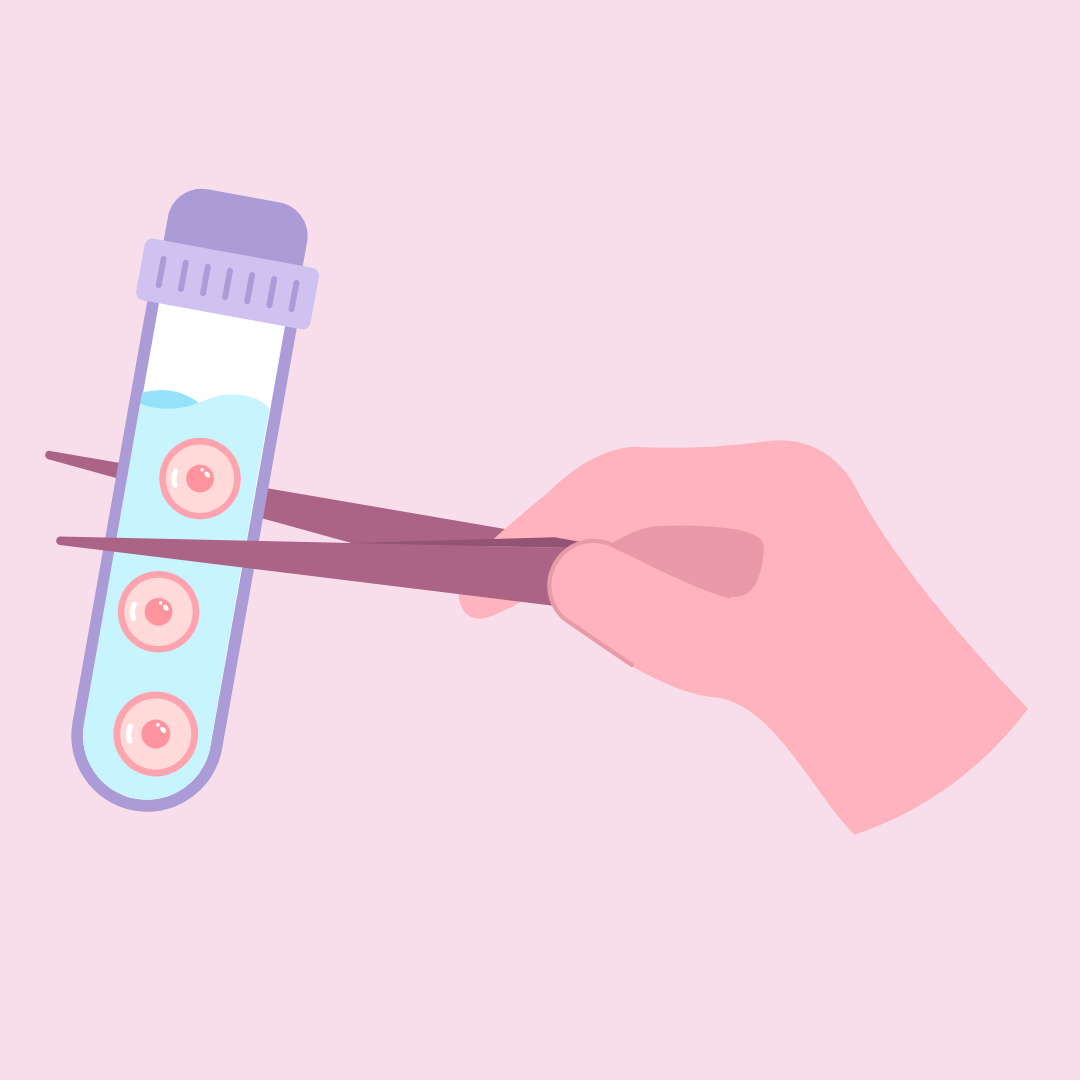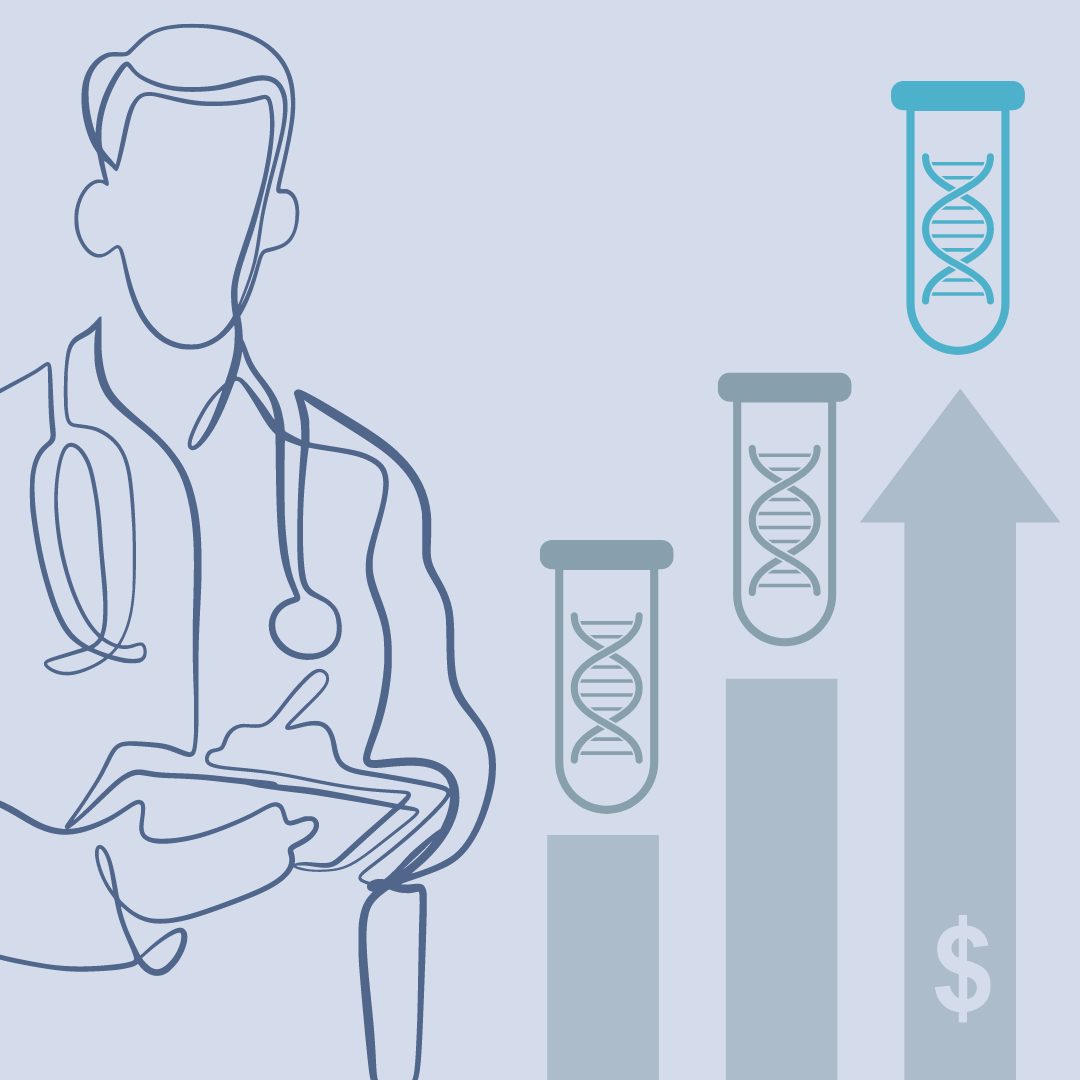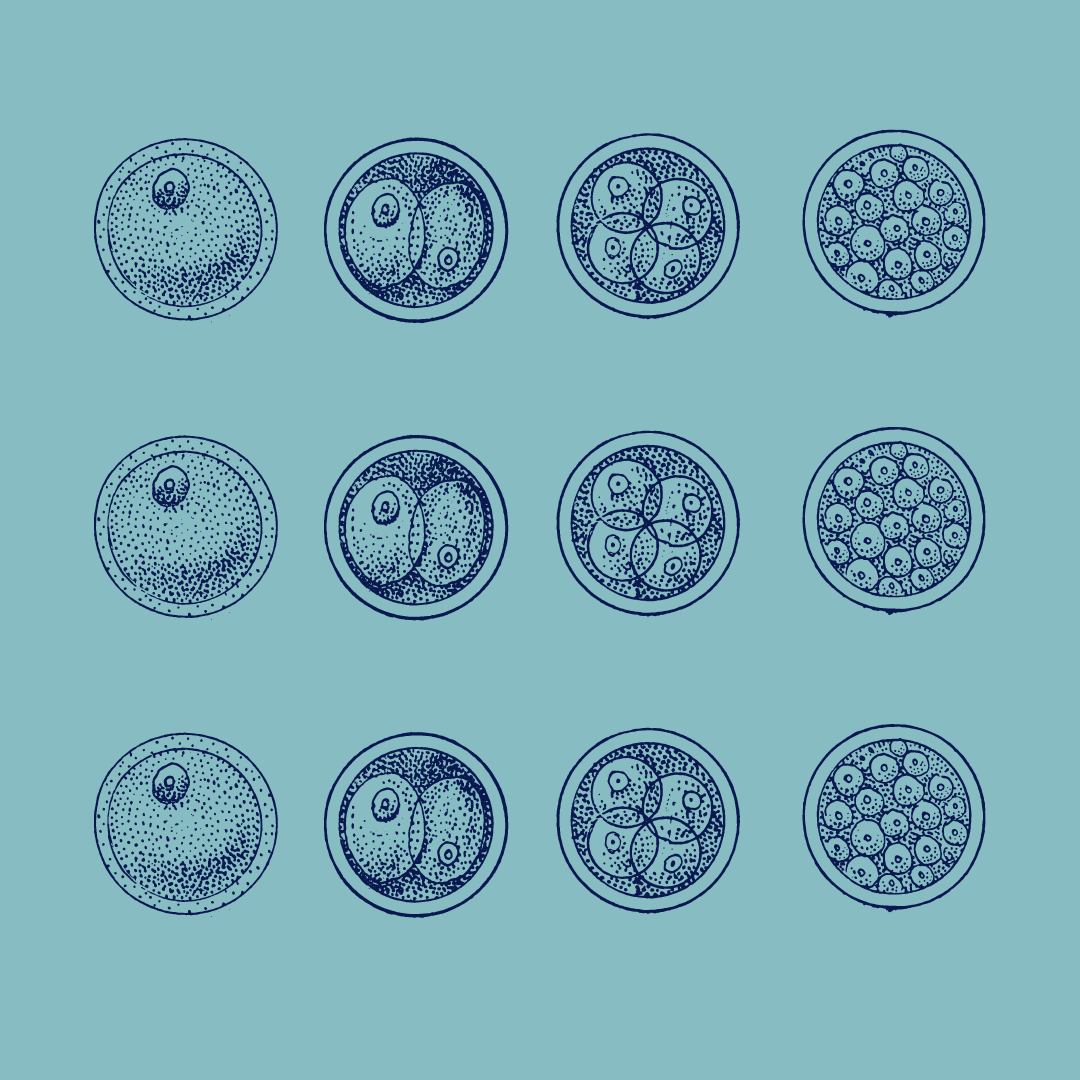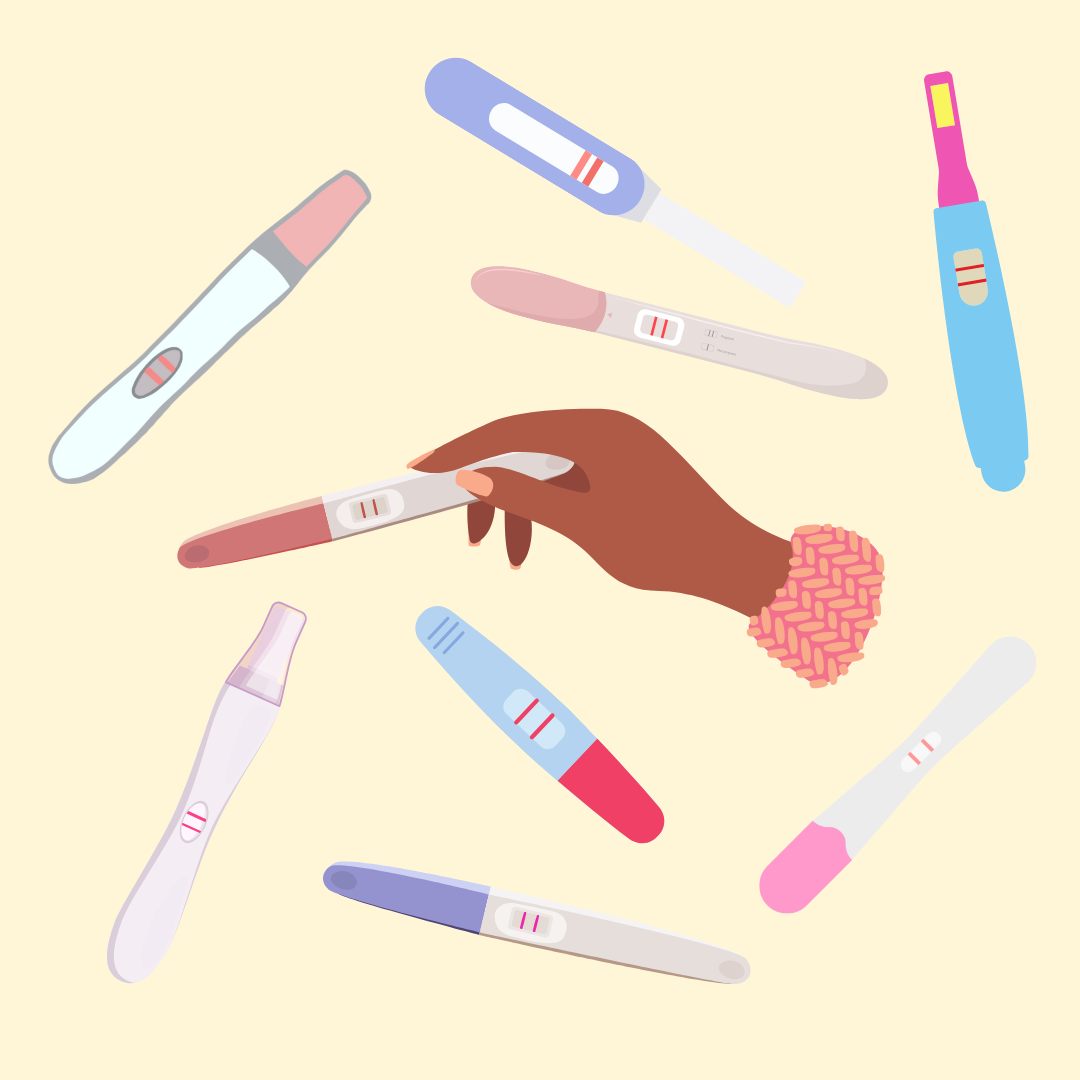Reproductive Justice, Health & Rights
Advocates for reproductive health, rights, and justice are increasingly aware of the safety and social risks of assisted reproductive technologies and other human biotechnologies, particularly for women and children.
While assisted reproduction has helped many people create families, the long-term risks of these technologies – particularly those that require egg provision – are grossly understudied. In the U.S., assisted reproduction has developed almost entirely in the commercial sector and is notoriously underregulated.
Heritable genome editing, if allowed, would develop in this same commercial sector. Reproductive justice advocates draw attention to the risks to women and children’s health and wellbeing, the historical context of population control and reproductive oppression, and the likelihood that it would exacerbate reproductive, racial, and disability injustice.
Aggregated News
Photo from Belly of the Beast, used by permission
Yesterday, California became the third state in the nation to...









